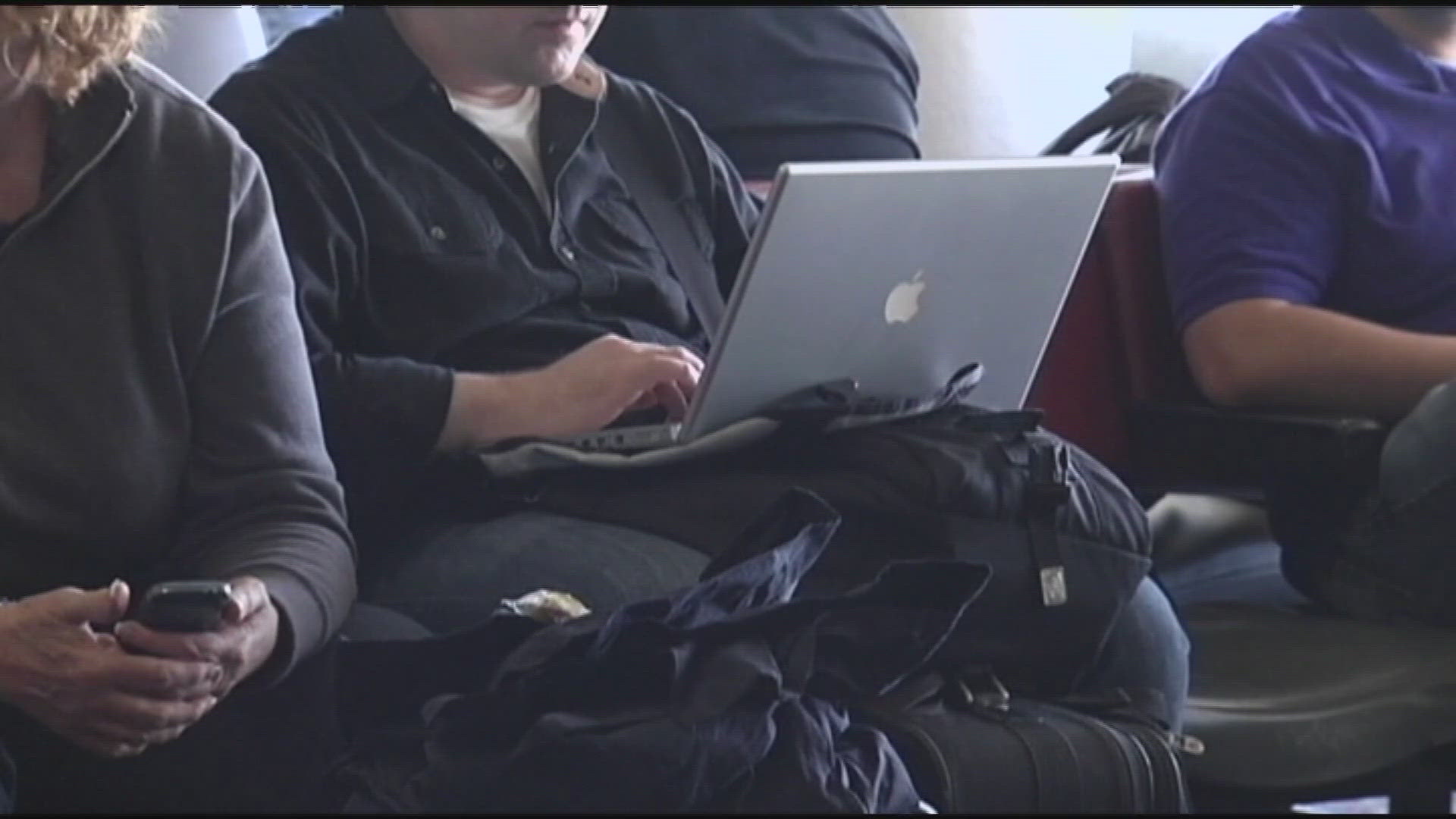GREENSBORO, N.C. — With the Summer travel season revving up, cyber experts say you should be aware of the best internet and wi-fi safety while on the road or in the skies.
Eric Plam is an internet safety expert and the president of SIMO. He said Wi-Fi in public spaces like restaurants and hotels can be dangerous, especially Wi-Fi that does not require a password.
Threats can include malware attacks, phishing attacks, and data breaches. Plam said one of the biggest risks is man-in-the-middle attacks.
"You just assume that that café has created a hotspot for their patrons or their customers, but it may be some bad actor, somewhere else that could be with a laptop or a next-door neighbor,” Plam said. “They set up a network with the name that seems like it's from that café, so you connect to that network thinking that it's safe. They're recording your keystrokes and capturing your data."
Plam said there are several things you can do to protect your information:
- Ask the hotel or café for the name of the Wi-Fi network and ask if there is a password.
- Use a VPN. This increases a secure tunnel for your data to travel through.
- Keep your antivirus software up to date.
- Use a portable mobile Wi-Fi hotspot. This way you know you're getting a secure connection.
While most airports require a password for Wi-Fi, Plam said fliers should be aware of a tactic called juice jacking.
“That is where you plug your USB cable into a public USB hub and charge your device,” Plam explained. “It is also possible for bad actors to connect to your device using this USB connection."
Plam said you can protect yourself from juice jacking by using your power bank or adapter.

